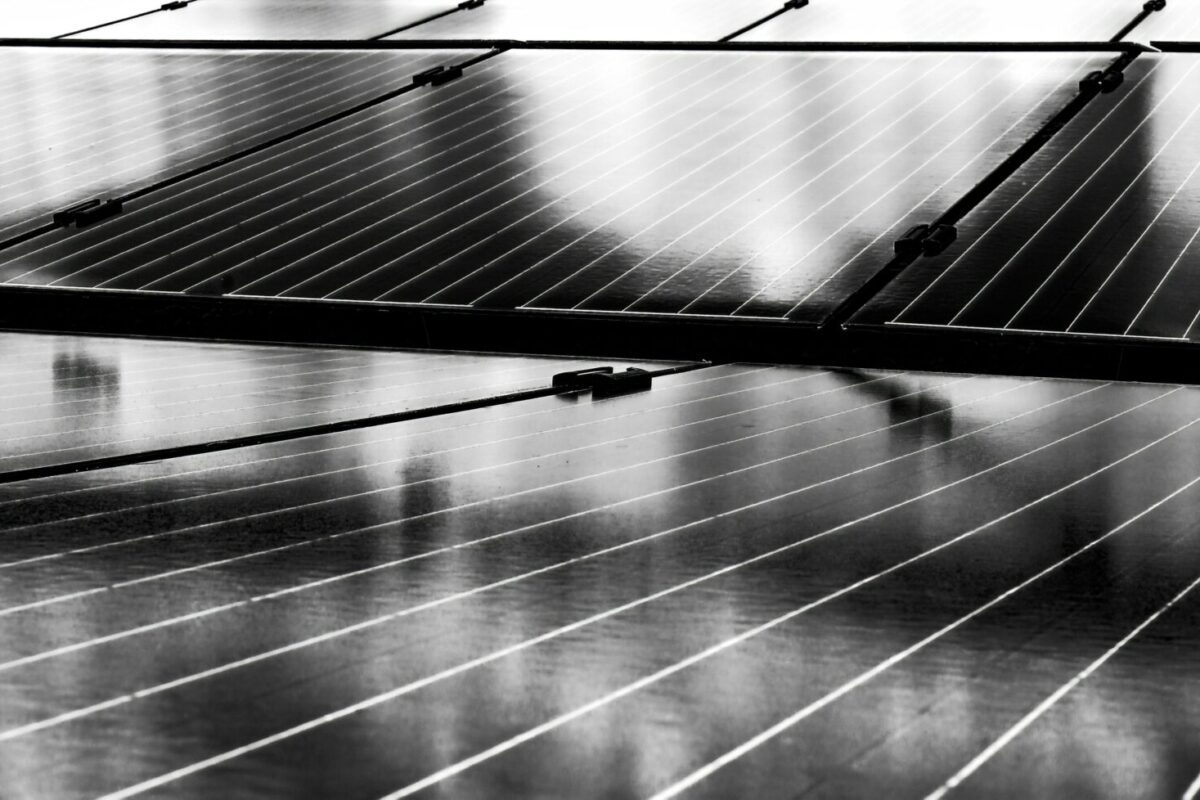From pv magazine USA
Heating more buildings with electric heat pumps can provide a larger market for renewable energy.
While heat pump adoption in building electrification “gets a lot of attention” from utilities, there’s little guidance for grid planners on immediate actions, said Sean Morash, author of “Grid Planning for Building Electrification,” a new ESIG report.
Several technologies can aid the transition, including building insulation and weatherization, cold climate heat pumps, thermal energy storage systems, and higher-voltage distribution grids. The report also discusses grid planning needs.
The report highlights technology solutions as essential, because most US buildings currently rely on fossil fuels for heating. Building energy use is expected to transition from fossil fuels to electricity over the next few decades, including in US regions like the Southeast and Northwest, where electric heating is already widespread.
As buildings electrify, areas with peak electricity demand in the summer could shift to having peak demand in the winter.
Higher peak demand for grid infrastructure may be seen “especially at the distribution level” said Debra Lew, ESIG’s executive director. Yet improving building energy efficiency through insulation and weatherization “may help mitigate and even reverse increases in peak demand, highlighting the need to take a holistic view.”
To continue reading, please visit our pv magazine USA website.
This content is protected by copyright and may not be reused. If you want to cooperate with us and would like to reuse some of our content, please contact: editors@pv-magazine.com.



By submitting this form you agree to pv magazine using your data for the purposes of publishing your comment.
Your personal data will only be disclosed or otherwise transmitted to third parties for the purposes of spam filtering or if this is necessary for technical maintenance of the website. Any other transfer to third parties will not take place unless this is justified on the basis of applicable data protection regulations or if pv magazine is legally obliged to do so.
You may revoke this consent at any time with effect for the future, in which case your personal data will be deleted immediately. Otherwise, your data will be deleted if pv magazine has processed your request or the purpose of data storage is fulfilled.
Further information on data privacy can be found in our Data Protection Policy.